ON INDONESIA’ EDUCATIONAL EVALUATION SYSTEM
Students have foto session after doing evaluation.
There are two most common words used in Indonesia’s educational context in relation to assessment and evaluation, namely evaluation and ‘penilaian’ (which tends to be meant as assessment). Evaluation is defined officially as “… a process of controlling, ensuring, and determining educational quality in all components of education in each stream, level, and type of education as a form of responsibility of education provision” (UU No. 20/2003) while assessment is specified as “… the process of collecting and sorting out relevant information in order to measure the learning achievement of the learners” (PP No. 32/2013). However, despite the specification of the meaning of assessment, the word is also used to signify several other concepts in educational policy documents, that we then can conclude that it is used interchangeably with evaluation.
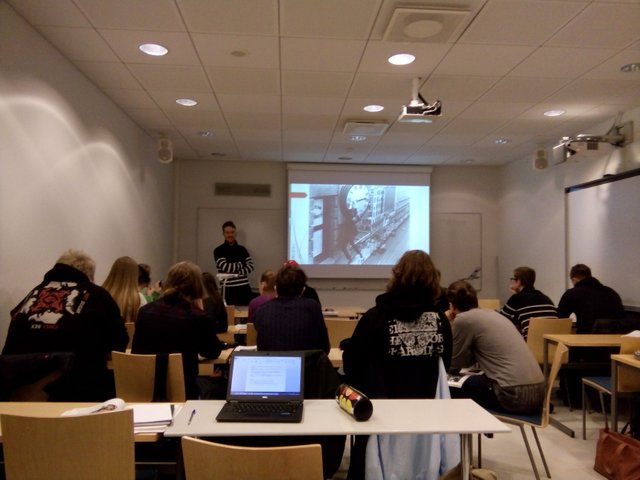
Teacher is giving instructions before doing exam.
There is a tendency of regulating education holistically-systematically instead of trustfully decentralizing the evaluation system and give sufficient freedom for schools and teachers to make critical decisions. The tendency can be seen in the legal products on education—which become the bases of educational policies—and to which official educational practices at national schools refer. In the act on education (UU No. 20/2003), for instance, there are at least three interrelated notions: evaluation, accreditation, and certification.
Of the act stipulates that “evaluation shall be undertaken to monitor and control the quality of education nationally, as a form of public accountability of providers of education in relation to stakeholders”. Evaluation of education then covers “… learners’ achievement, institutions, and education programs in formal education and non-formal education at all levels, units, and types of education” . Those evaluations shall be conducted by “… independent bodies regularly, comprehensively, transparently, and systematically in order to assess the achievements of national education standards”
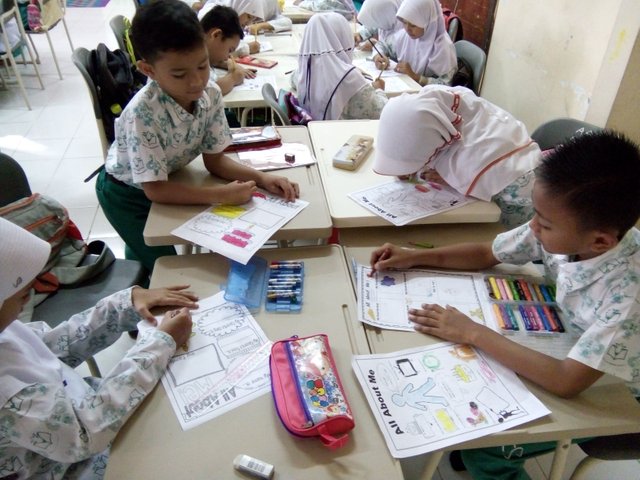
The process of having examination in fourth grader, they should feel happy.
However, beside that those independent bodies are ‘governmental’ in nature, “… the government and local governments shall carry out an evaluation of all education providers, units, streams, levels, and types of education”. Non-governmental bodies—which analytically can be seen as more independent—are given the rights to “… set up an independent evaluation body to conduct an evaluation” yet “the implementation of the provisions for evaluation … shall further be stipulated by the Government Regulation”. So, in short, legally, educational evaluation should be conducted by the government or represented by the governmental bodies in which they have abundant power to steer and control in a centralized system. At school level, the tendency of centralization in educational evaluation system, in which there are multiple fixed administrative and procedural standards for standardizations, makes school administrators, teachers, parents and therefore students compelled to ‘just’ follow and are reluctant to act differently, such as to seriously conduct alternative assessments. Besides, as there are accreditation processes once in a five year, what should be prepared and provided by every school are those multiple fixed administrative and procedural standards.
As to school accreditation, again we can see the tendency toward centralization, in which it seems to play as a means for quality control but in practice it is more as a means to ensure what every school implements are administratively or procedurally in accordance with what have been enacted legally. Officially it is defined as a means “… to determine the feasibility of program and education units for formal education and non-formal education at every level and type of education” (UU No. 20/2003). Yet, an official accreditation of a school “… shall be the responsibility of the Government and/or independent authorities as a form of public accountability … and [an] accreditation shall be based on criteria, which are transparent, and … the implementation of the provisions for accreditation … shall be further stipulated by the Government Regulation”.
And based on our experiences, a school accreditation means spending time, cost and energy to prepare those administrative and procedural documents—known as the eight standards and defined as “… the minimum criteria that a school has to provide in terms of contents, processes, output competences, educational personnel, facilities and equipment, management, budgeting, and educational evaluation”— and for one or two months relatively abandoning our classes. Another worse phenomenon, there are schools choosing to use shortcuts, that they hire one or two accreditation specialists or renting required facilities for one to two weeks during the process, and they still can be graded ‘A’ or excellence. And with this practice, gratification or bribery becomes a common phenomenon.
In relation to educational assessment, there is what is called as educational assessment standard which is defined as what is related to “the criteria of mechanisms, procedures, and instruments [to measure] learners’ learning achievements” (PP, No. 32/2013). Assessment of learning achievement itself is divided into, first, ulangan or formative assessment, in which there is an endeavor to continuously measure students’ achievement in their learning and obtain relevant information for their learning development. Second, there is ujian (or testing which is summative in nature), and is conducted to measure the competences achieved by learners as what is required at an education level. In conducting an assessment, there are suggested techniques, such as written tests, observation, practicum tests, individual or group tasks.
Furthermore, educational assessment (to certain extent meaning evaluation and testing) shall be conducted by teachers, schools, and the government. Teachers conduct formative and summative assessments (or tests); schools may conduct ujian sekolah (school tests); and the government conducts national exams (PP No. 32/2013). In conducting national exams, the government is represented by an ‘independent’ body called National Education Standardization Board (BSNP).
The detrimental effects of the ‘number-based assessment or evaluation’ are saddening certainly. Related to the high-stake national exams, for instance, beside for schooling quality mapping, the result is used to determine students’ acceptability in higher level of education, students’ passage at a schooling level, and supports (included budgeting) for (mostly public schools) (PP No. 32/2013). So, this high-stake educational evaluation makes students, parents, teachers, school administrators and the societal stake-holders ‘seduced’ to use ‘shortcuts’. In addition to cheating in exams, bribery, gratification, or other forms of activities signifying ‘mental corrupts’, the system eases the emerging and reifying process of ‘chasing paper’ schooling model, in which an education is seen by the society as more as a way to obtain a certificate of passage instead of to educate themselves for real knowledge and skills.
Compared the assessment and evaluation system in Finland, there are at least two dominant issues, centralization versus decentralization and standardization versus autonomy, based on what the authors understand from the articles of Atjonen (2013) and Simola et al. (2013). Generally, despite being in such a tension now because of the demand of educational marketization—where managerialism, systematization and standardization may reign—Finish education is relatively self-maintaining itself with the strong roots of bildung-didaktik tradition or their own path-dependency, in which egalitarianism and decentralization have been cemented culturally. Indonesia, on the other hand, has not had such an educational cultural identity. We seem to still walk on the long and winding road, in which we are easily seduced by ‘shortcuts’—such as by capitalistic or Darwinian competitive or survival of the fittest demons—and fail to build a down-to-earth strategy. We then only learn from the rankings of PISA or TIMSS that we are low achievers, yet we never really learn, as what we have done so far is trying to imitate others, not to build ours.
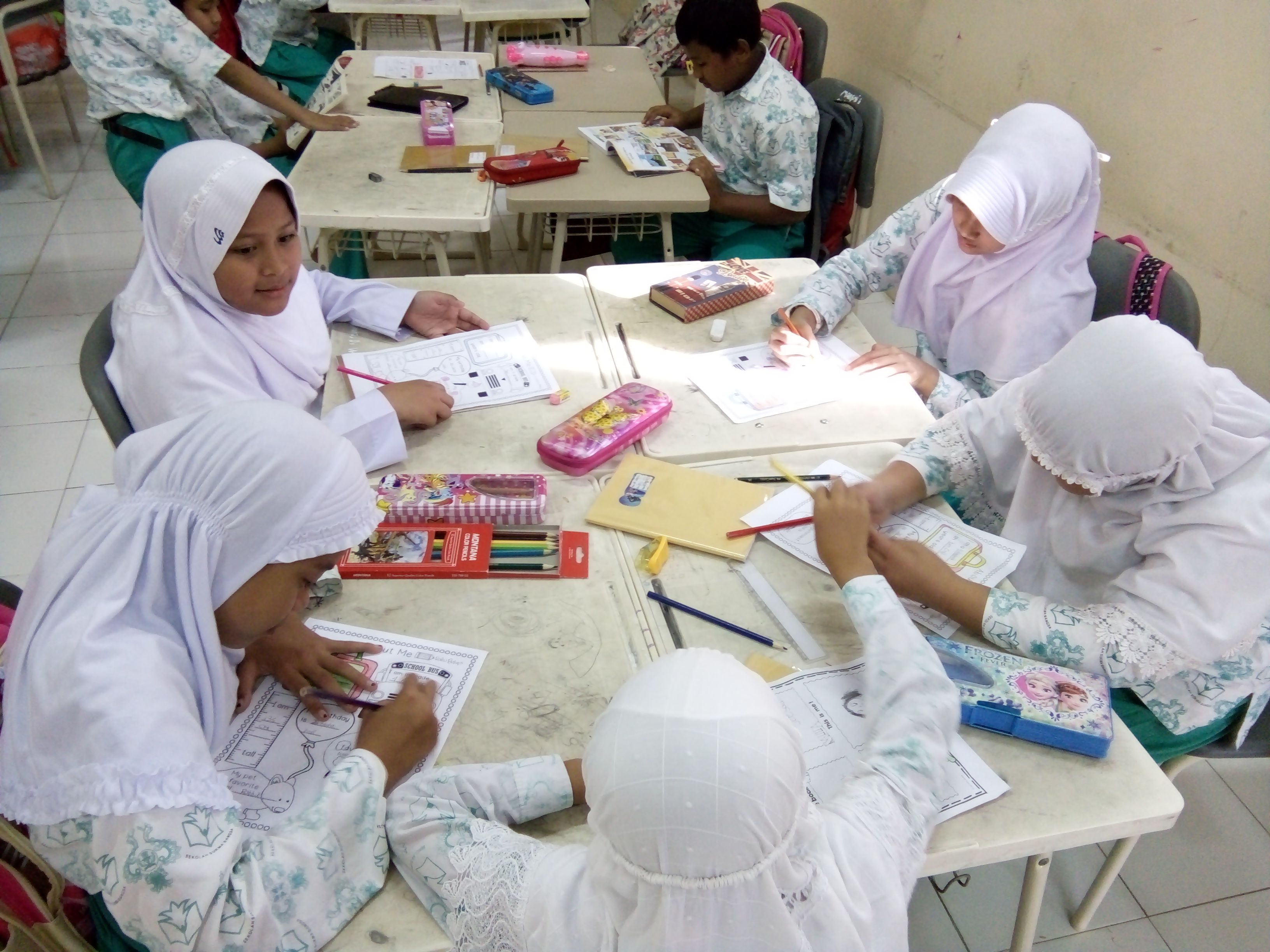
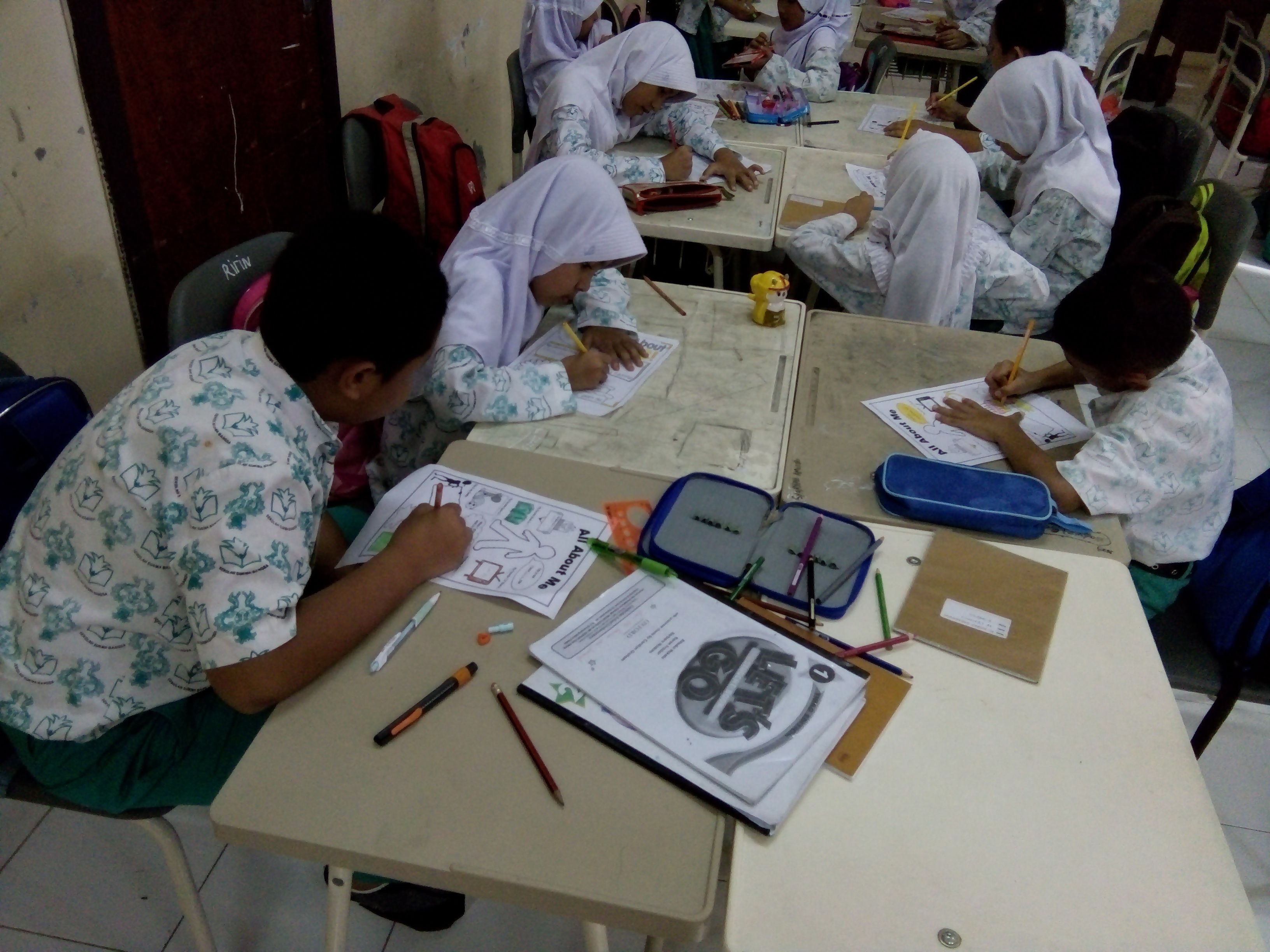
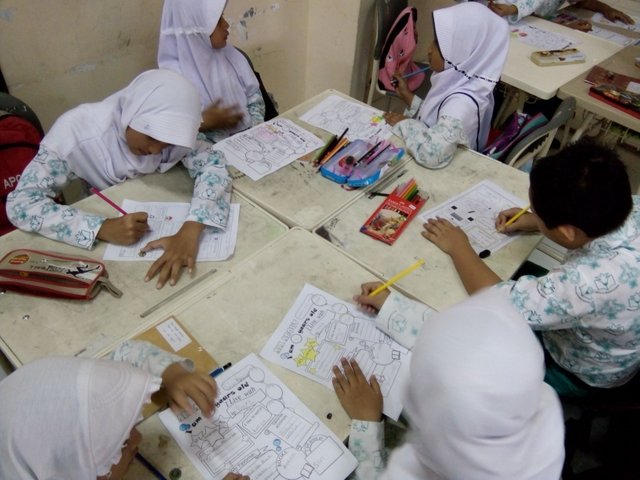
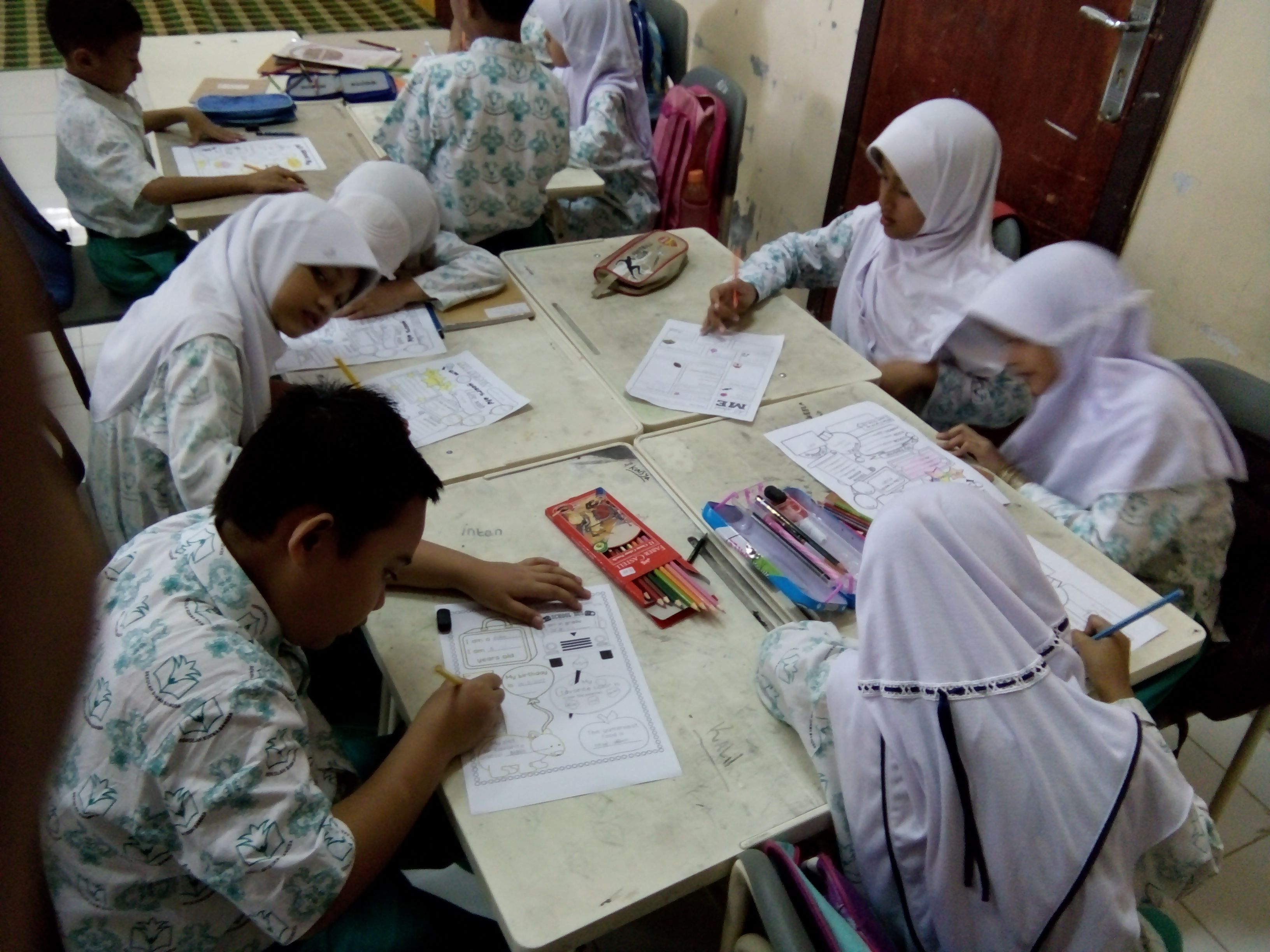
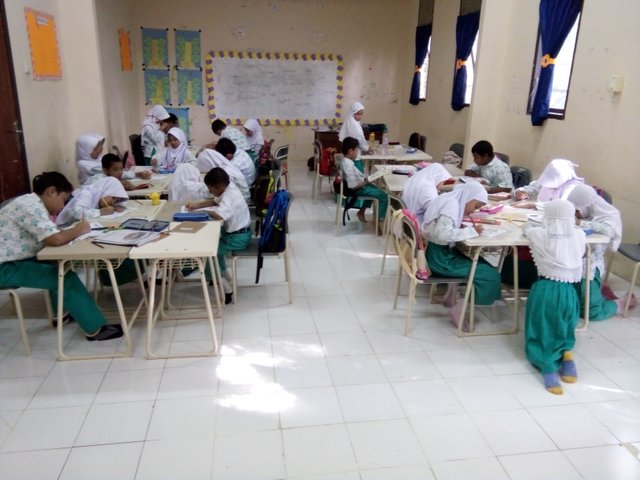
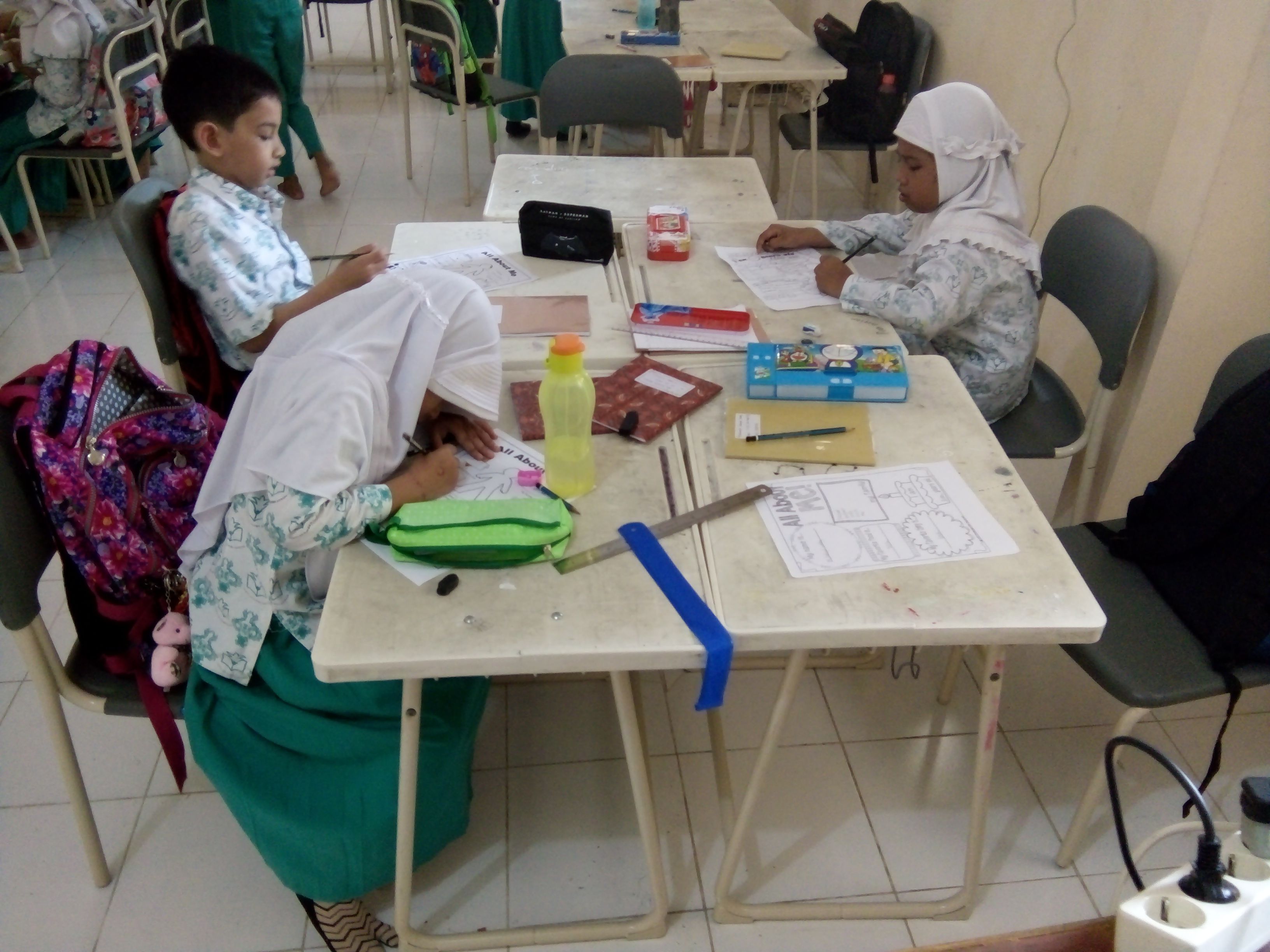
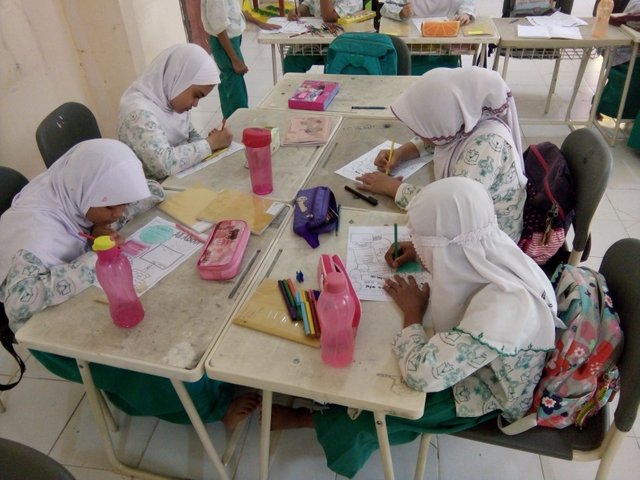
Assessment of students is important but do not forget to assess yourself (teacher evaluation) is also more important to read Being a Reflective Teacher
i do agree with you @syafiqali, and I already red your post